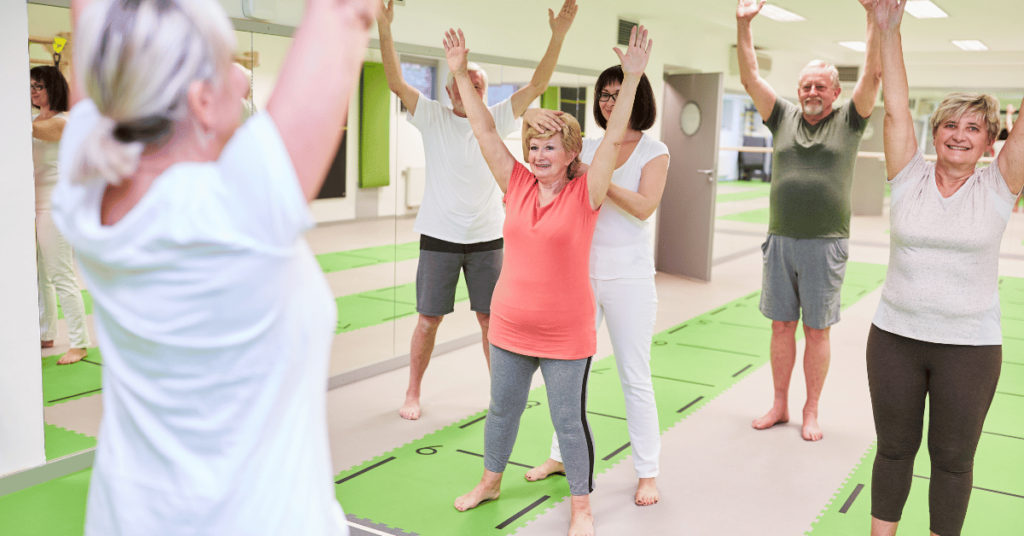The Benefits Of Exercise
There are so many health issues that are prevented by regular exercise, such as diabetes, heart disease, and depression, anxiety, weight control. Most diseases and conditions can be at least controlled with regular exercise.
Having Alzheimer’s disease is not the end to living a healthy active life. It’s never okay to let someone sit listlessly and wither away as the disease takes his or her mind and will to live. In fact, it’s extremely important to encourage and help people with the disease to exercise daily. Give them a routine to keep.
Being active is helpful for preventing Alzheimer’s disease. But for those who have it, it becomes a way to better health and healing. Exercise brings motivation, blood circulation, strength, and endurance. It facilitates a fun and active outlook, which goes to destroy depression. And also promotes general well-being and fewer behaviour issues.
What Does Being Active And Exercising Really Mean?
It means you need to do some high-impact movements safely. Within a person’s ability, get the adrenalin pumping and release the endorphins. It’s not enough just to move about in the garden or walk slowly around a park at a lazy pace. This is great as a relaxing activity but to exercise. You need to do some out-of-breath movements done and weight-lifting activities – you need to sweat!
Aerobics are great; especially water aerobics, which have less impact on the joints. A fast walk or slow jog for 10 – 15 minutes will get the heart pumping and blood circulating.
Maybe getting a local gym membership for you and your loved one. And making use of equipment such as a treadmill, a stepper, and a stationary bike. Your body will thank you for the exercise!
Karen 🙂
Karen Tyrell, CPCA, CDCP
Personalized Dementia Solutions
www.DementiaSolutions.ca



